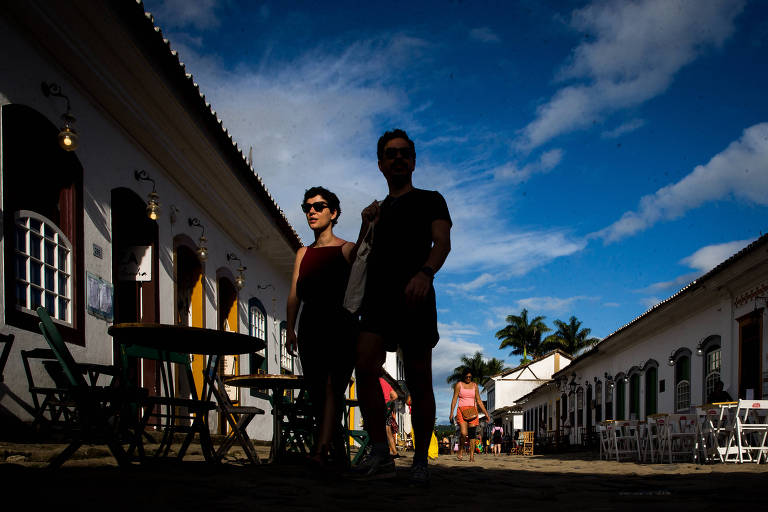"The Flip will never be the same again," asserts Mauro Munhoz, the artistic director responsible for the festival. "Just like the world will never go back to what it was in the first decade of the century. And that's a good thing."
It is striking how the Paraty International Literary Festival has become a different creature in the 20 years that separate the edition that begins this Wednesday (22), running until Sunday (26), from the one that kicked off on July 31, 2003. Complaints are heard a lot today, and Munhoz himself receives many, about the reduced investment in internationally renowned authors. In the first six years of the festival, to recall a brief list, luminaries such as Toni Morrison, Neil Gaiman, J.M. Coetzee, Orhan Pamuk, and Salman Rushdie graced the coast of Rio de Janeiro. "In the beginning, it was super important for us to have brought these big names because you gain a ballast," says the director.
"Later, you can expand the field of literature that, without this, you couldn't do. The last Flips have the idea of exploring things that are more difficult, less expected." Without delving into literary quality, today's guests in the main program, especially foreigners, are figures even less known, seeking to expand—or find—their Brazilian readership. Some of the bets this year are the Ecuadorian Mónica Ojeda, who explores the anxieties of young women in disturbing fictions; the American Christina Sharpe, who reflects on the linguistic revolution operated by black culture; the Spaniard Alana Portero, turned into an editorial phenomenon by navigating the trans experience in the outskirts of Madrid; and Akwaeke Emezi, a novelist who escapes binary genres and crafts coming-of-age narratives between Nigeria and the United States.
The festival's interest has been to bring marginalized literatures into the spotlight, offering a spotlight and microphone to writers from all corners, cultures previously ignored by the canon, and smaller, more determined publishers—those who follow the evolution of Flip remember constant criticisms of the absolute dominance of authors from Companhia das Letras.
